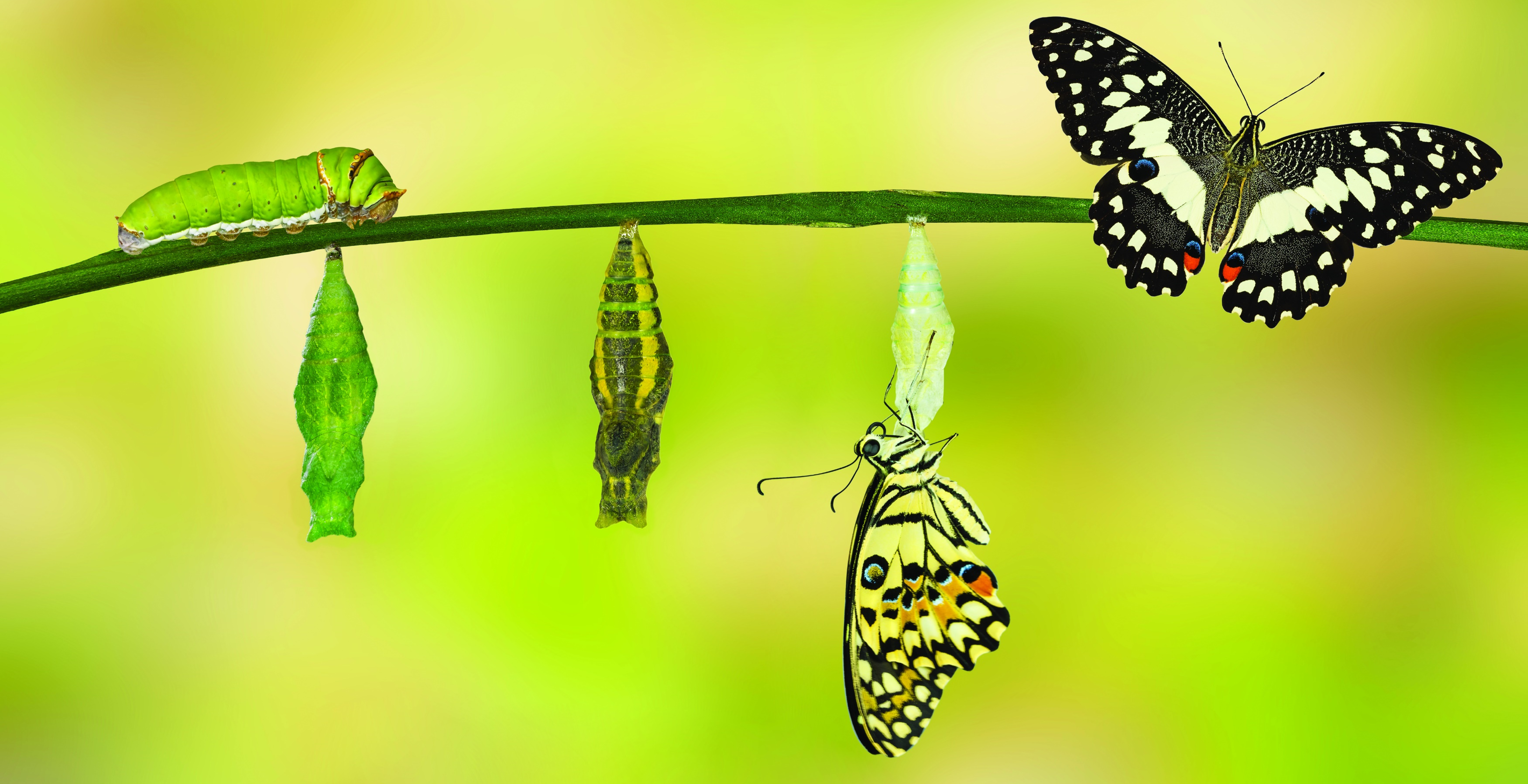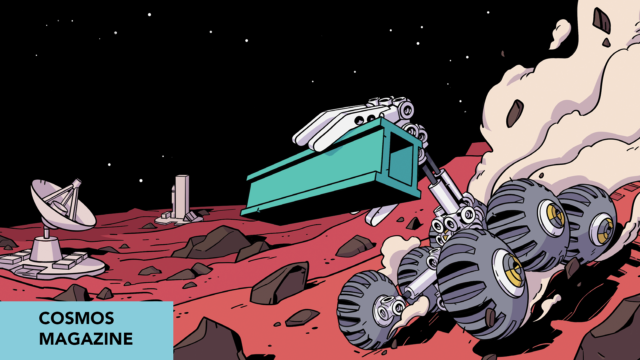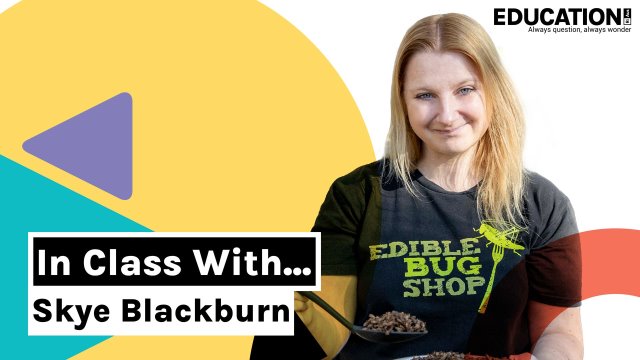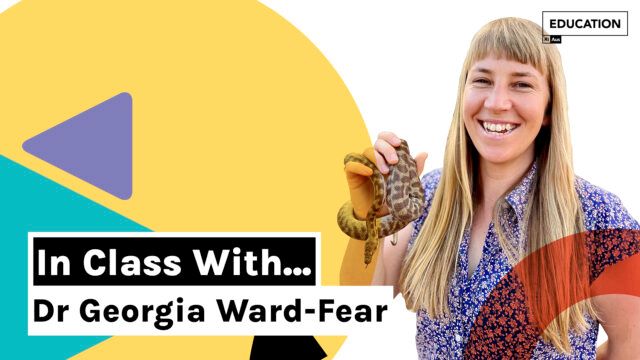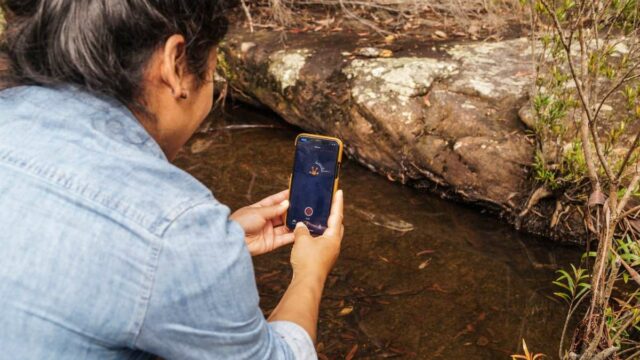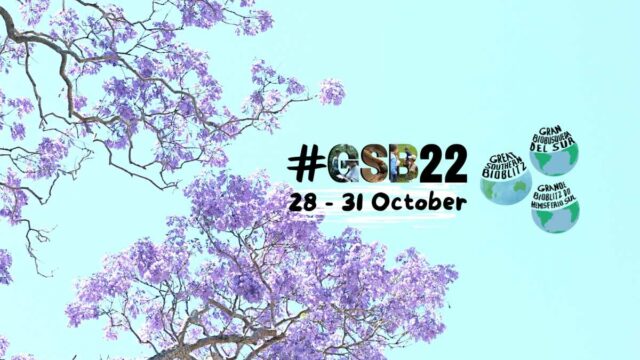Working as an environmental scientist for a natural gas company can provide unique challenges and opportunities.
Tegan Box grew up in Dampier where Woodside, Australia’s largest natural gas producer, was a part of the community. She always thought Woodside would be “an interesting company to work for” – but had no idea she would join their environment team following university.
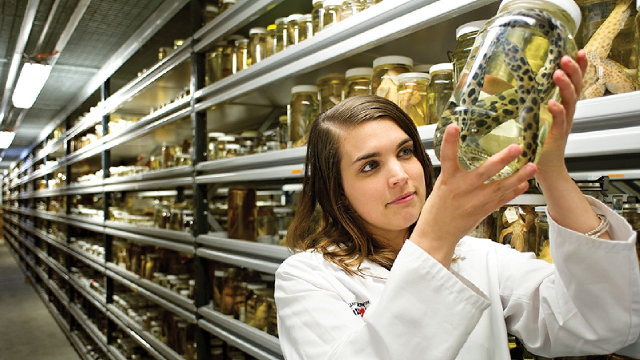
How did you get to where you are now?
I completed a marine biology/zoology degree with honours at the University of Western Australia back in 2007. From there I was accepted into the summer vacation program at Woodside and I’ve been here ever since – a bit over 11 years.
I started with the Pluto Foundation Project, so a lot of what I was doing initally was environmental monitoring work regarding corals and water quality. Then over the years my roles evolved into different positions from environmental approvals to workforce engagement and large scale developments.
My current title is Scarborough and Pluto Expansion Environment Lead, and I’m also now the Environment Graduate Co-ordinator.
How did you find the transition from study to work?
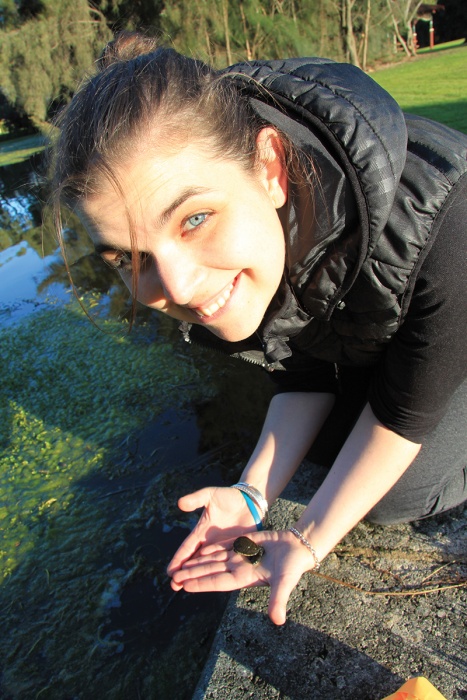
It was pretty easy, although you do have to get used to 9 to 5! You have to learn email and office etiquette. Woodside helps a lot with the transition though. We have a lot of introductory courses. You’re not left on your own.
It was certainly a different lifestyle, though. I went from diving on reefs and field work to a primarily office-based environment. But the roles with Woodside have been really interesting, so I didn’t mind.
What does your role involve?
When I started I did a lot of data analysis on information which was collected from the field. At the time we were looking at turbidity impacts on coral, which was very applicable to my degree.
I completed my honours studying turtles and global warming. Woodside has been good because we have a heavy focus on conducting robust science, often in collaboration with research institutions and with regulators. This allows me an opportunity to still be involved in research within my current role.
A lot of my role now is writing environmental approvals and engaging with regulators, both around approvals and compliance. I’ve also done a lot of stakeholder engagement, both internal and external, and managed environmental consultants who assist us in a lot of scopes such as fieldwork and report development. Interfacing with the workforce is a big one for us. It’s a real “people job”.
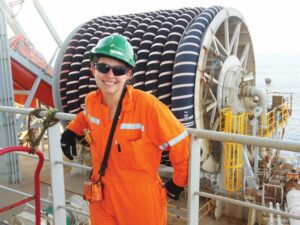
What do you like about the work?
I love what I do. I enjoy going on site and speaking with the teams. It’s about both understanding their issues and also providing advice on how we can drive improved environmental performance.
I get an absolute kick out of talking to people on site or who are otherwise involved with projects and getting them motivated about the importance of environmental issues.
I find myself talking generally about the environment. I have to be well prepped on most topics, to be honest. You can get questions on anything from climate change, to marine pests, to whale migration.
It’s full on and fast paced. But I do love the challenge.
What does the future look like?
I think it’s a really exciting time for the industry. There’s so much research and science coming out on everything from climate change to migratory pathways for birds. And there is such a big drive within organisations, including our own, around reducing emissions.
You feel empowered to run with things. You are part of the solution.
This article is sponsored by Bright-r.
Login or Sign up for FREE to download a copy of the full teacher resource
